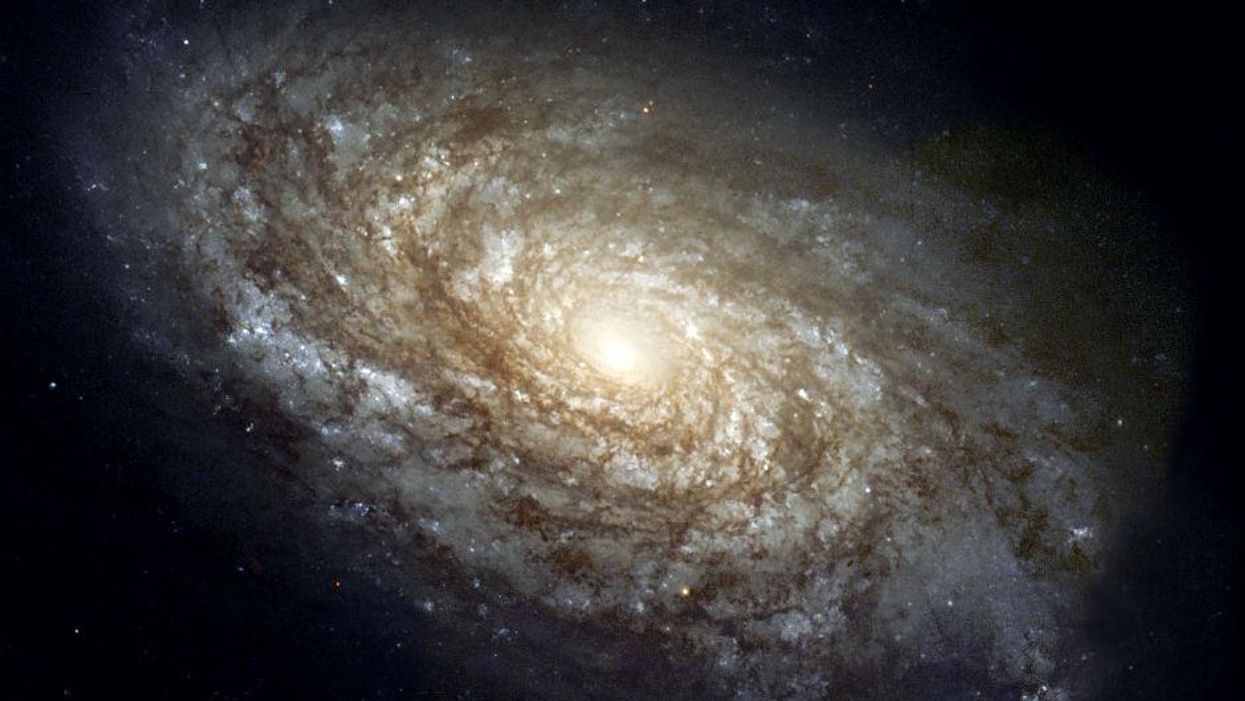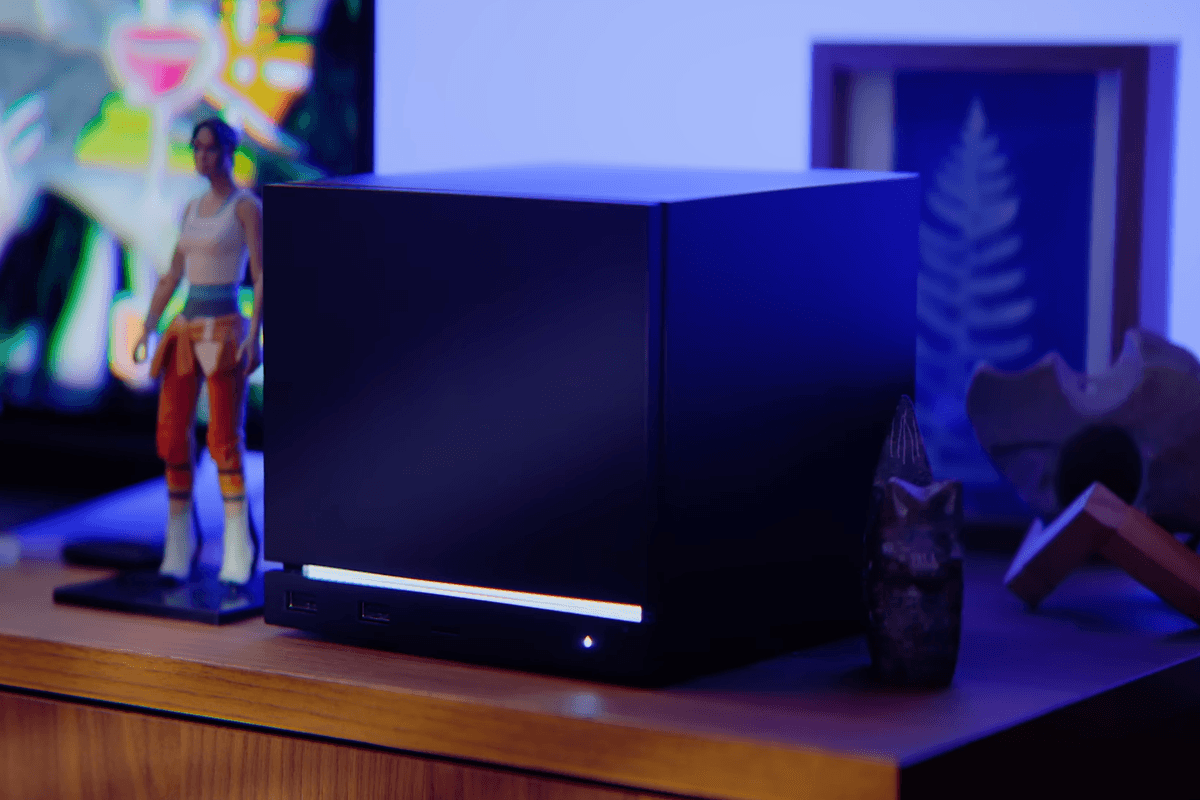News
Evan Bartlett
Feb 08, 2015

Astronomers believe the oldest starts in our universe were actually born 100 million years later than was previously thought.
The European Space Agency (ESA) has used findings from the Planck satellite, which has taken measurements of the cosmic microwave background - light left over from the Big Bang - to reach its calculation.
While these 100 million years may seem negligible compared to the universe's age of almost 14 billion years, they make a significant difference when it comes to the formation of the first stars.
- Marco Bersanelli, ESA
In the aftermath of the Big Bang, a haze of hydrogen gas blocked most wavelengths of light. Powerful photons from the universe's first stars helped to rip through the hydrogen atoms (ionisation) and clear the path for light.
Earlier measurements from Planck had astronomers believe this process took place around 450 million years after the Big Bang.
However, after measuring tiny temperature variations in the cosmic microwave background, it is now believed the first stars were made 100 million years after that.
You can read more about the findings on the ESA website here.
More: What the other side of the moon looks like
More: Nobody panic, but astronomers just found a 'super massive' black hole
Top 100
The Conversation (0)













